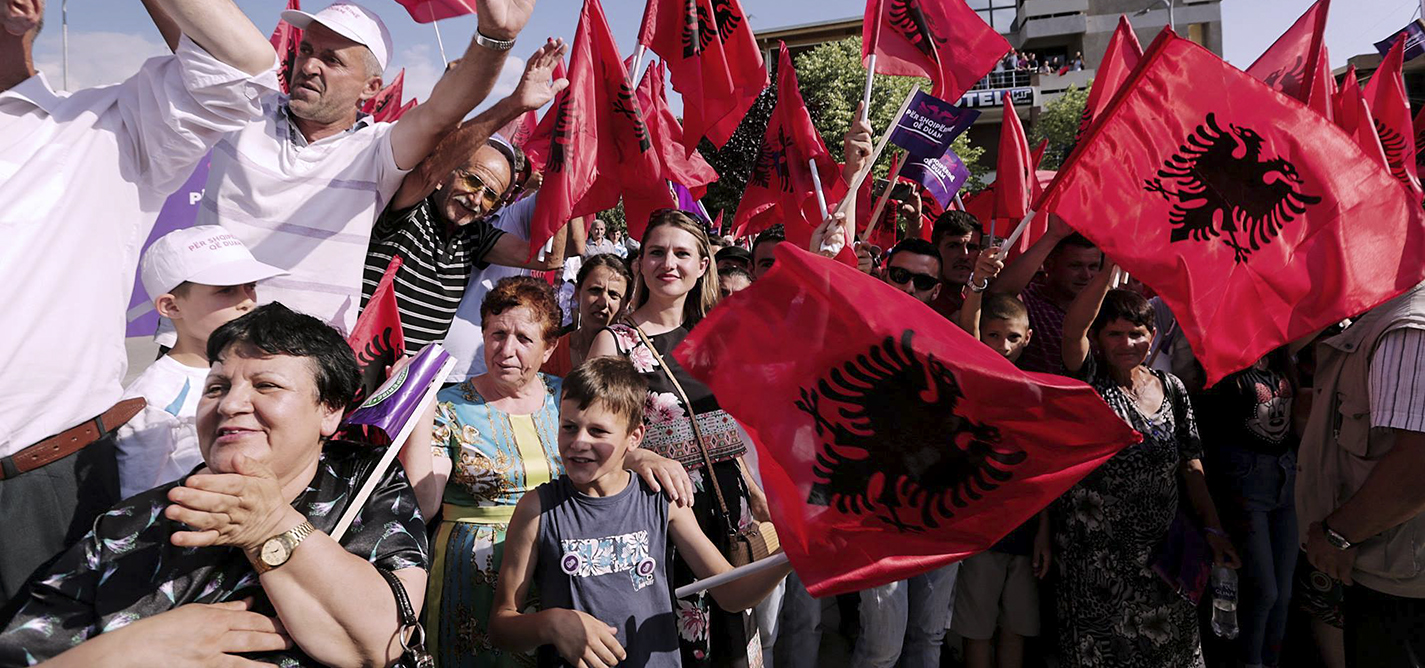
Demagogy over ideology in Albania’s elections
Genuine political programs absent as Albania goes to polls.
|23.06.2017
|
“Not having concrete programs enables them to ignore criticism over their unkept promises more easily, and as such they can stray away from public responsibility and the potential cost of letting people down, which would then influence the next elections.”
Afrim KrasniqiLiridon Cecja
Liridon Cecja is an expert in issues of public administration and governance. He likes to follow political, economic and social developments that have an impact on civil life. Liridon considers journalism to be not only a way of expressing oneself, but also a holy mission.
This story was originally written in Albanian.